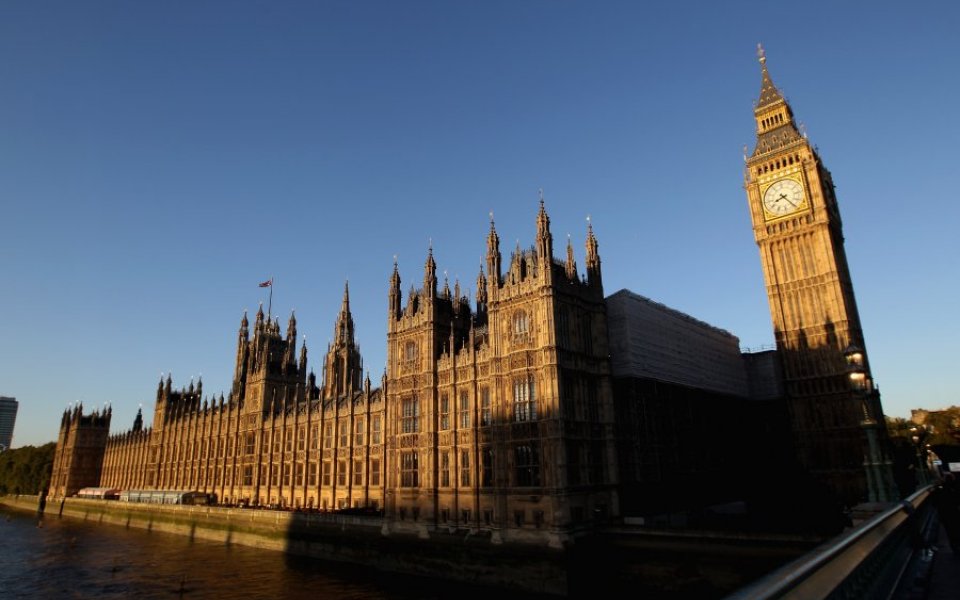Government publishes Lord Strathclyde review following House of Lords vote on tax credit cuts

The House of Commons should be given the final say on all secondary legislation, a leading peer has recommended.
In a highly-anticipated report published today, Lord Strathclyde recommended creating a new procedure allowing the House of Lords to ask the House of Commons to "think again" on certain pieces of legislation, but giving the final say to the elected House of Commons.
In October, the Prime Minister asked Strathclyde, a Tory peer who was leader of the opposition in the House of Lords from 1998 until 2010, to lead a review into the role of the House of Lords following peers’ vote in October to delay tax credit cuts.
At the time, Downing Street said the "rapid review" was necessary because the tax credit votes had raised a "constitutional issue".
Prime Minister David Cameron said today that he was "grateful" to Strathclyde "for the hard work he has put into this report."
"I will consider his recommendations carefully before responding in the New Year," Cameron said.
Strathclyde's report also considered two other options for reforming the House of Lords, including removing peers from the "statutory instrument procedure altogether" – meaning only MPs would consider proposed legislation.
Another option was to "retain the present role of the House of Lords but clarify the restrictions on how its powers should be exercised" in a written resolution.
Commenting on the report, Strathclyde said today that he had spoken to a "wide range of parliamentarians" as part of the review.
"I believe that my recommendations strike the right balance between preserving the vital role of the House of Lords in scrutinising legislation, and enabling the elected House of Commons to have a decisive role on statutory instruments," he said.
Hannah White, programme director at the Institute for Government, said she welcomed the "fact that the Strathclyde review has not proposed radical constitutional change".
"Rather it proposes to put in statute what has long been largely accepted practice – that the Lords should not exercise a veto over a piece of secondary legislation passed by the Commons more than once," White said.
But she added that the issues Strathclyde looked at are a "distraction from more significant questions which the government and Parliament must address".
"These include the implications of the rising size and the party imbalances in the House of Lords, and when it is appropriate for the government to use secondary legislation for far-reaching changes on policy – as well as how such secondary legislation is scrutinised."
Meanwhile, Katie Ghose, chief executive of the Electoral Reform Society, also said the review focused on the wrong issues, saying: "We cannot make piecemeal changes to the Lords’ powers every time there is a disagreement between the two Houses.
"If the government accept the recommendations of Lord Strathclyde, they will be scrambling in response to the politics of the day, rather than implementing real, lasting and democratic changes."
"If the government is planning to go to the trouble of passing a law to reform the Lords, they should stick to their official party policy and pass the one reform people really want – an elected second chamber.
"The problem with the House of Lords isn’t its blocking power – it’s that it has no legitimacy."